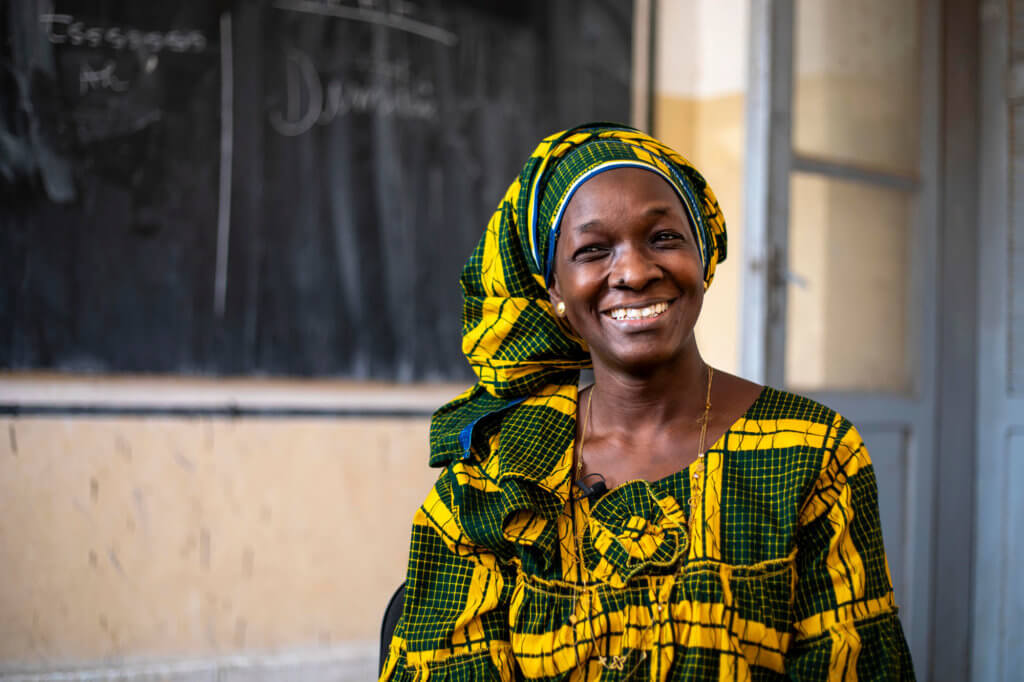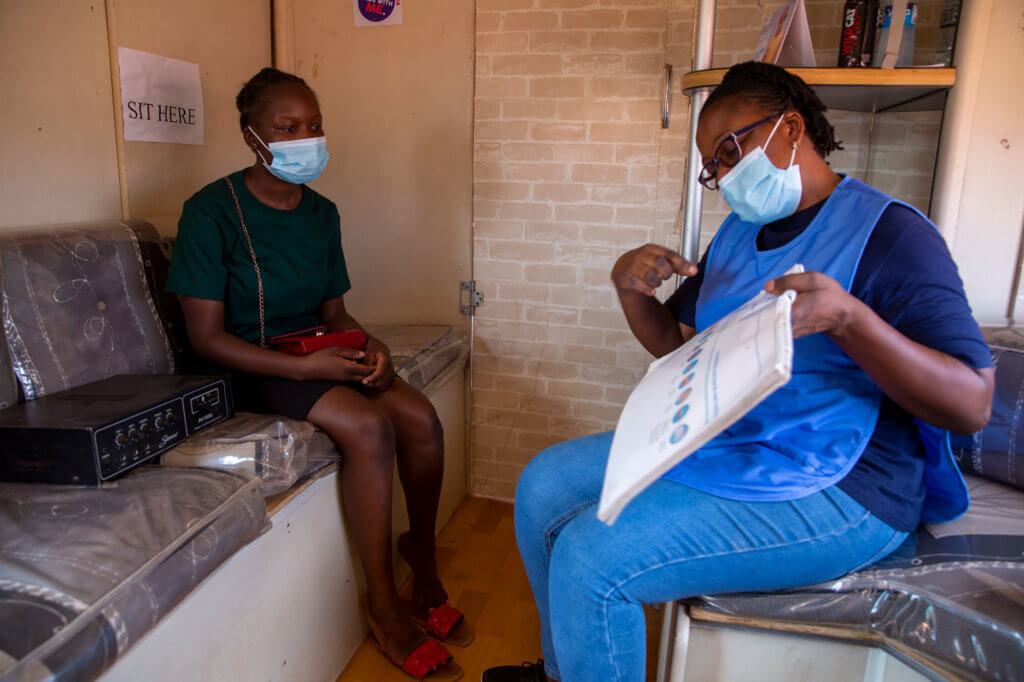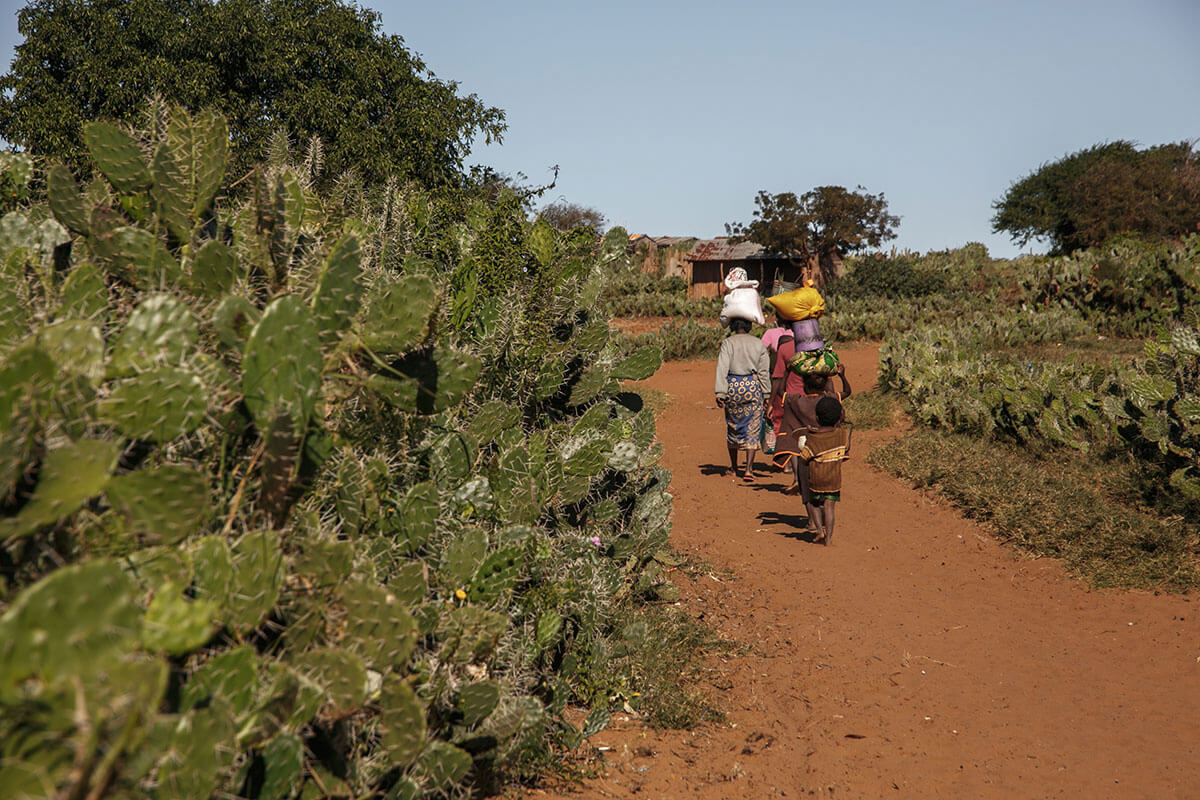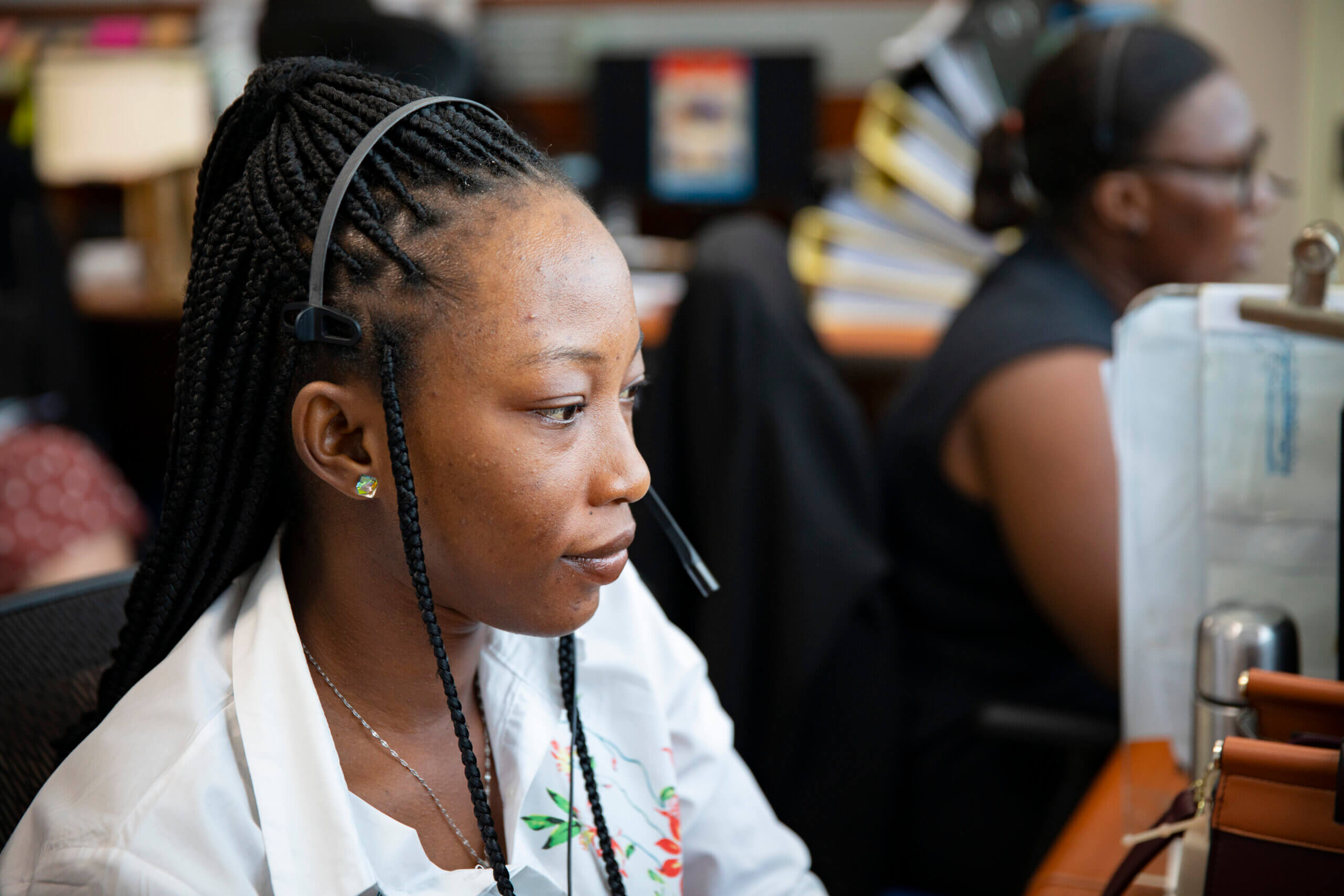My body, my choice: Defending bodily autonomy
Around the world, there are millions of women who lack the basic right to choose for themselves whether to marry, when to have sex, if and when to become a mother. They’re denied their bodily autonomy: the right to make decisions about one’s own body, without coercion.
Even if you’ve never encountered the term “bodily autonomy,” you know how important it is to be able to make decisions about your health care or your sex life. But according to UNFPA, only 55% of women are able to make their own decisions about things like whether to use contraception or have sex.
In this explainer, we’ll cover exactly what “bodily autonomy” means—and how we’re working to expand it for women worldwide.
What is bodily autonomy?
Bodily autonomy is defined as the right to make decisions about your own body, life, and future, without coercion or violence.
It includes deciding whether or not to have sex, use contraception, or go to the doctor.
Bodily autonomy has long been recognized as a fundamental human right. Suffragist Susan B. Anthony spoke about “the sacred right of a woman to her own person”.
Reproductive choice is an important part of bodily autonomy. When women and girls are making decisions about their futures, they have to be able to decide whether and when to have a child.

What are violations of bodily autonomy?
There are many ways a person’s bodily autonomy can be violated. Some of these—for example, rape—are expressly illegal.
But other violations of bodily autonomy aren’t recognized as such. For example, child marriage remains common in many communities, even though it denies children the right to control their own bodies and futures.
Other examples of violating bodily autonomy include:
- Forbidding someone from using contraception when they’d like to
- Mistreatment of pregnant women during labor and delivery
- Denying young people reproductive healthcare because of a belief that they should be having sex
How is bodily autonomy connected to reproductive healthcare?
There are few decisions more personal then deciding if and when to have a child. But to make that decision, women need access to contraception.
Unfortunately, around the world, 218 million women and girls want to prevent pregnancy but cannot access contraception. There are many reasons why someone might not be able to access contraception. Maybe there’s no healthcare provider in their community, no pharmacy, or the cost is too high. They may lack the basic knowledge of what to ask for or have misconceptions about contraceptive use. Sometimes, their husband has forbidden them from using it.
Without access to contraception, these women have no control over whether and when to become pregnant. These barriers to choice deny them the bodily autonomy that is common in many parts of the world.

How can we protect autonomy for all?
At MSI we believe that everyone, no matter where they live, should have the right to make their own decisions about their bodies and futures. As one of the world’s largest providers of reproductive health, we enable millions of women each year to avoid unintended pregnancies and continue on their chosen paths.
To do this, we go where no one else does, bringing contraception to remote communities everywhere from Nepal to Niger. We also work to raise awareness about contraception and bust myths around its use, so that misinformation doesn’t stop women from making the right choice for them. And we offer training and support to national health systems to enable them to provide a full range of reproductive healthcare services.
Read more about our 2030 strategy
We make sure our clients know that their reproductive health decisions are theirs, not their husband’s, parents’, or community’s. Sometimes, we hear from clients that their husbands don’t want them using contraception, and we help them choose a method that they can use safely.
We’re able to bring contraception to communities with no other options because generous donors stand with us. Our donors know that investing in contraception benefits women and girls, their families, and entire communities. If you believe that everyone has the right to control their own body, we invite you to stand with us by making a gift today!






